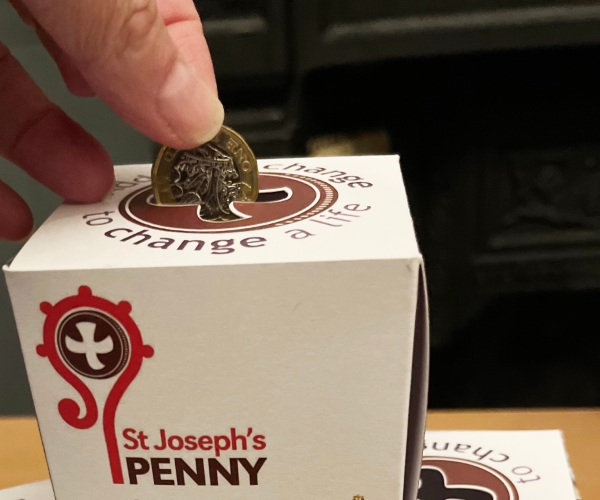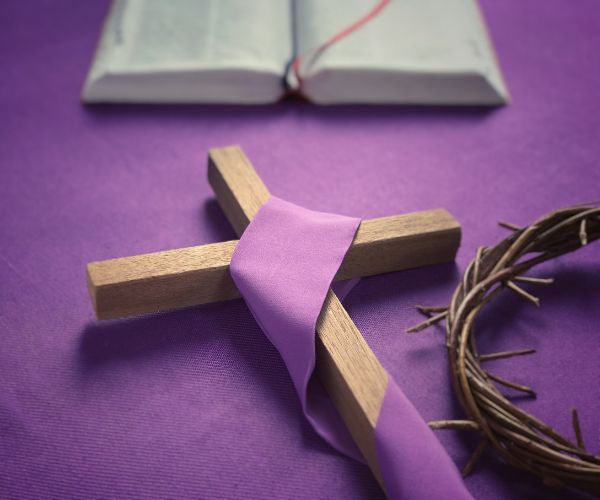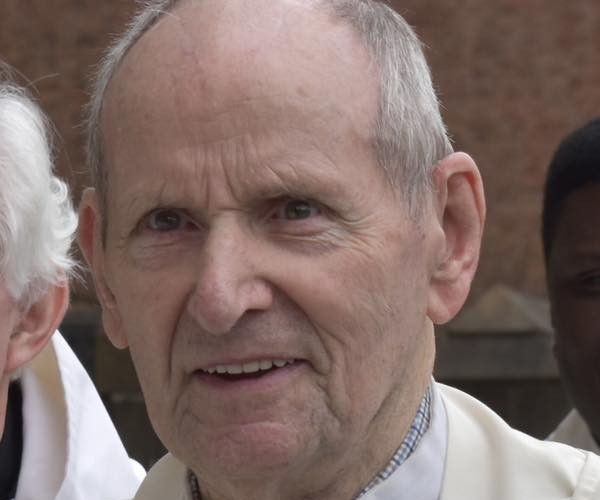
Frequently Asked Questions about Deacons
Tuesday 21st June 2022Last weekend marks a joyful occasion for our diocese as four men were ordained to the permanent diaconate.
As we welcome our new deacons, we take a closer look at the role of deacons within the Catholic Church and how their ministry plays out in everyday life in our parishes.
What is a deacon?
Deacons have been members of ordained ministry since the earliest beginnings of the Church. Coming from the Greek word diakonos, meaning servant, deacons are called to serve the people of God through the ministries of liturgy, word, and charity.
There are two types of deacon: permanent and transitional. Permanent deacons are ordained into the diaconate with the intention of remaining in that role, whilst transitional deacons are usually seminarians in the last stage of training before being ordained into the priesthood.
How is a deacon different to a priest?
While priests are called to reflect the work of Christ the High Priest, deacons are called to reflect Christ the servant. Both are ordained ministries and have some of the same liturgical functions, but their roles are very distinct. Only priests can consecrate the Eucharist in the celebration of the Mass, offer absolution in the Sacrament of Reconciliation, and anoint the sick.
A deacon also leads a very different life outside his vocation. A deacon can be married and have a family, as well as having a separate job outside the Church.
What does a deacon do?
A deacon performs a number of liturgical duties within a parish. Deacons assist priests at Mass by proclaiming the Gospel, preaching the homily, and serving as ordinary ministers of the Eucharist.
Deacons can also baptise, witness marriages, and preside at funerals or burial services. They may also be called upon to lead the celebration of the Liturgy of Hours, Eucharistic Adoration, and benedictions, and offer blessings in the name of the Church.
Can a deacon be married?
Deacons can be either married or unmarried, but an unmarried man may not get married after being ordained.
A married man looking to become a deacon must be able to demonstrate a stable marriage and family life. A man’s wife must give her consent and support for him to take on the ministry. It is also important that children should not be negatively impacted by their father’s commitment to the ministry.
How are deacons assigned?
Just like priests, deacons are assigned to parishes and tasks by the bishop, according to the needs of the diocese. Usually, a deacon will be assigned to a parish close to his home. However, he may also be required to take on ministry – such as providing pastoral services in hospitals, prisons, nursing home etc. – outside that parish.
Are deacons paid?
No. Vocations to the diaconate are not paid positions and are instead taken up on a voluntary basis. Deacons will often have work outside their vocation to support themselves and their families financially.
Are deacons an answer to the growing shortage of priests?
Although there are some shared duties between priests and deacons, the unique calling of each is very different. The role of deacons could help alleviate some of the heavy workload of priests, but healthy numbers of each are crucial to the life of the Church.
How do you become a deacon?
If you are interested in becoming a deacon, your first port of call is to speak to your parish priest, or to contact our vocations promoters for the permanent diaconate:
Fr Chris Gorton christopher.gorton@dioceseofsalford.org.uk
or
Deacon Stephen Scott Stephen.scott@dioceseofsalford.org.uk
Tagged | Catholic Church | Diocese | Sacraments | Vocations



